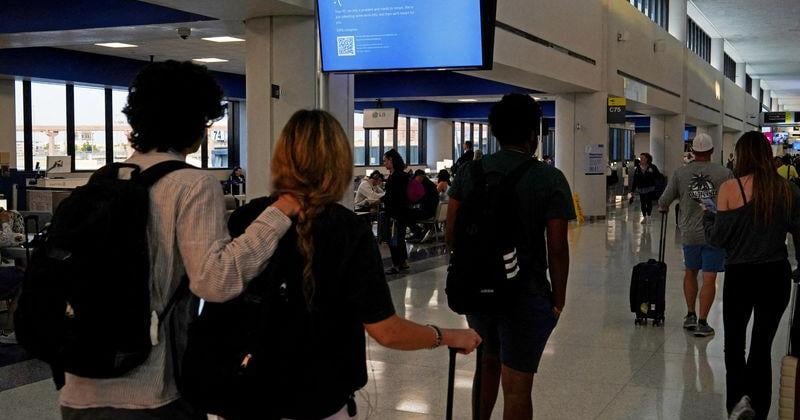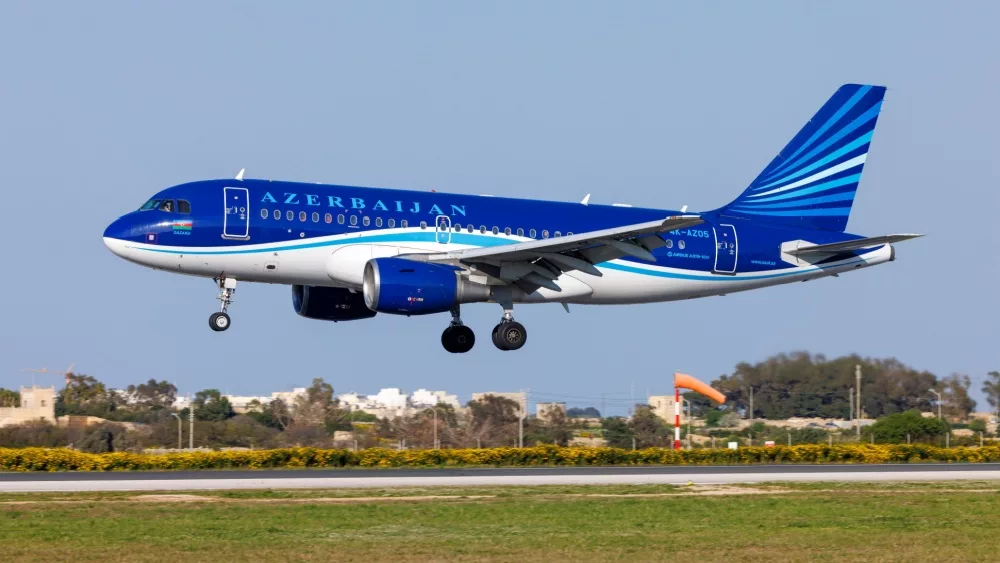By Sarah N. Lynch
WASHINGTON (Reuters) -The U.S. Deputy Attorney General has suspended a controversial civil asset forfeiture program by the Drug Enforcement Administration that targeted unsuspecting airline passengers and subjected them to potentially unlawful seizures of cash from their bags.
The Justice Department’s Inspector General Michael Horowitz announced the suspension of the DEA’s program by Deputy Attorney General Lisa Monaco in a new report released on Thursday that raised grave concerns about the program and questioned whether some of the searches were conducted legally.
“The DEA was not complying with its own policy on consensual encounters conducted at mass transportation facilities, resulting in personnel creating potentially significant operational and legal risks,” Horowitz wrote in a memo to Monaco and Anne Milgram, the DEA administrator.
Civil asset forfeiture has long been a controversial program that critics argue infringes on people’s constitutional rights against unlawful search and seizure.
It allows police to search and seize property from people who may be suspected of a crime, even if they are never charged. The proceeds from the seizure are typically split among the law enforcement agencies involved in the search, creating what some argue is a perverse financial incentive for federal, state and local police departments.
The property owner can only recover the assets if he or she can prove it was not connected to any criminal activity, creating a legal burden that is costly and time-consuming.
Horowitz’s report on Thursday said that an ongoing investigation by his office uncovered a number of troubling revelations.
In one such example, a DEA office tapped an airline employee as a confidential source who tipped agents off any time a passenger purchased a plane ticket within 48 hours of departure.
Agents would use that last-minute purchase as a justification to then approach those passengers and try to get the passengers to agree to let them search their bags.
In cases where the agents searched and seized cash, the confidential source got a cut of the proceeds from the seizure, the report says.
One such search was caught on video by a passenger, and later made public by the Institute for Justice, a nonprofit devoted to defending people’s constitutional rights.
In the video, a DEA agent can be seen demanding to search the bag of a passenger identified only as “David C,” who got sick while he was on a business trip and was forced to re-book his flight from Cincinnati, Ohio to New York to a new time at the last minute.
“Where’s your bag at?” a DEA agent can be seen asking him on camera. “I’m the DEA. I’m the government.”
(Reporting by Sarah N. Lynch; Editing by Andrea Ricci)


